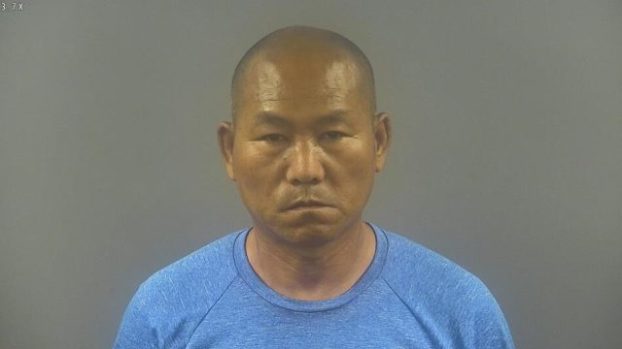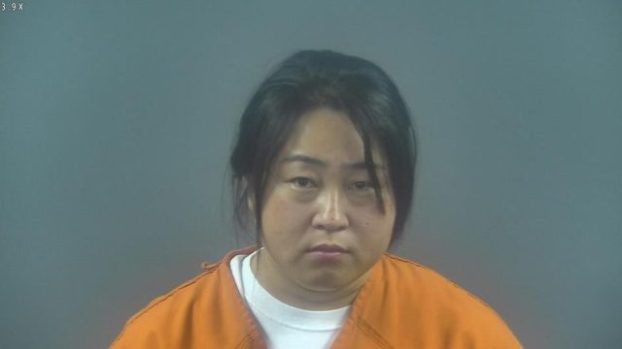Grand jury to hear case against uncle, niece accused of running illegal massage parlor
Published 3:35 pm Friday, November 15, 2024
A woman found by police to be working at a purportedly illegal massage parlor told officers that she had not been paid in the nearly three weeks she had been there, a city police detective testified Wednesday.
This detail and others emerged during a preliminary hearing in Warren District Court for Mei Dianyong, 60, of Chicago, and his niece, Xu Zhang, 37, of Orland Park, Illinois.
The pair were arrested in September on charges of promoting human trafficking based on allegations that they operated an unlicensed massage parlor in Star Spa, 866 Lain Ave.
Warren District Judge Kim Geoghegan forwarded the criminal cases against Dianyong and Zhang to the grand jury for possible indictment.
Bowling Green Police Department Detective Ryan Dillon testified at the hearing about the BGPD’s findings.
Dillon said that other BGPD investigators had received complaints from businesses and residents located near Star Spa about several men going in and out of the business throughout the day and a number of women working there who did not speak English and appeared to live in the building.
The detective said investigators, led by BGPD Detective Josh Yoebstl, found out a massage parlor was in operation at the location.
“The problem with that is (the defendants) did not have a city business license, to the best of my knowledge,” Dillon said. “Nobody at the business had Kentucky massage therapy licenses, so there was nobody there that could legally give a massage.”
Police were able to retrieve ads for the parlor from a website commonly used to promote commercial sex, and officers also interviewed a man who acknowledged receiving a sex act when he visited the establishment, Dillon testified.
Officers made contact with two women who said they worked at Star Spa.
“With the hours that they were operating and with the days that they were open, these women were not even making minimum wage,” Dillon said.
One of the women reported finding the job opening on an app similar to WhatsApp, and after she responded someone flew her from Chicago to Nashville and she was driven from there to the business.
Dillon said the woman explained to police that she did not know what city she was in, and that her work agreement entailed she would live and eat at the building for free, but she was required to cook all the food, wash all the towels and clean the facility.
“She had to pay the owners for the cost of the massage and she’d be able to keep the tips,” Dillon said, adding that the woman reported she had not been paid when police spoke with her.
Zhang reportedly told police that she did not own the business, but that she ran the property and was aware that a massage parlor was operating there.
Dillon testified that Zhang told police that she worked with city code enforcement officials last year to bring the previously condemned property up to code.
The Lain Avenue location previously housed Comfort Spa, which was the subject of a police investigation last year that resulted in the arrests of multiple people for prostitution-related offenses and for practicing massage therapy without a license.
Zhang told police she recruited the employees that worked in the building, Dillon said.
“Both (Zhang) and her uncle traveled to Bowling Green to pick up the money the business makes,” Dillon said.
Answering a question from Dianyong’s attorney, Kevin Poole, about whether the women were forced into taking the job or brought to Bowling Green against their will, Dillon said that the business was illegal but that the women were not forced into responding to the online ad.
The women police identified as workers had no access to transportation or medical care, no bank accounts and lacked the money to afford basic hygiene products or cleaning products for what Dillon said was a “mold-infested shower.”
Poole argued that Dillon’s testimony did not show evidence of forced labor or fraud, two elements that would prove allegations of promoting human trafficking, while Zhang’s attorney, Zanda Myers, argued that Zhang essentially operated as a landlord for the property and that there’s no recourse in state law to hold a landlord responsible for what a tenant was doing at the allegedly illegal business.
Geoghegan found probable cause that the crimes charged were committed and that Zhang and Dianyong committed them, binding the cases over to the grand jury.







